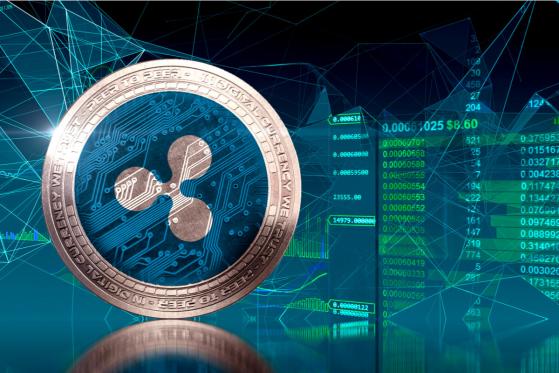Ripple’s chief cryptographer David Schwartz indicated in a recent blog post that banks might find it challenging to apply distributed ledgers, or blockchains, for cross-border payments. This is because the technology faces privacy and scalability issues, at least for now. It means that some banks, among which Santander (MC:SAN), have not been accurate when announcing the development or launch of “blockchain-based” cross-border payment systems.
“I will concede, we haven’t gotten there yet,” Schwartz told Reuters, referring to the use of distributed ledger technology (DLT) in processing payments at international level.
In mid-April, banking giant Santander announced the launch of One Pay FX, an international payments system based on Ripple’s xCurrent technology. The platform became available to users in Spain, the US, Brazil, and Poland. However, as Schwartz put it, xCurrent is not a distributed ledger in the full sense of the word. It uses bi-directional messaging that can be put on a blockchain afterward.
Santander would not comment on the situation.
It is true that xCurrent relies on cryptography, but it does not directly deal with a blockchain at all. It cannot be compared to the distributed ledgers provided by Ethereum or Hyperledger.
xCurrent applies an immutable “interledger protocol” meant to improve the existing payment systems thanks to its instant settlement features.
“What we hear from many of our customers is that it’s imperative to keep their transactions private, process thousands every second, and accommodate every type of currency and asset imaginable,” Schwartz stated.
Marcus Treacher, Ripple’s SVP of customer success, explained why distributed ledgers are still unlikely for international payments:
“We started out with your classic blockchain, which we love. The feedback from the banks is you can’t put the whole world on a blockchain.”
In the future, however, Schwartz expects that open ledgers such as the XRP Ledger will be used for the settlement of payments on a global level as banks will adopt xRapid, another product offered by Ripple.
Besides Santander, Ripple’s xCurrent has been tested and used by the Saudi Arabian Monetary Authority (SAMA) and the 61 Japanese banks currently comprising the Japan Bank Consortium
Even though Schwartz says distributed ledgers are not yet possible for international payments, some banks collaborate with other blockchain providers for the same tasks. Thus, R3 announced last year it was working with 22 banks to build real-time payments infrastructure based on Corda. Elsewhere, IBM (NYSE:IBM) and Stellar have developed a blockchain-based payments system in the South Pacific region.
This article appeared first on Cryptovest
